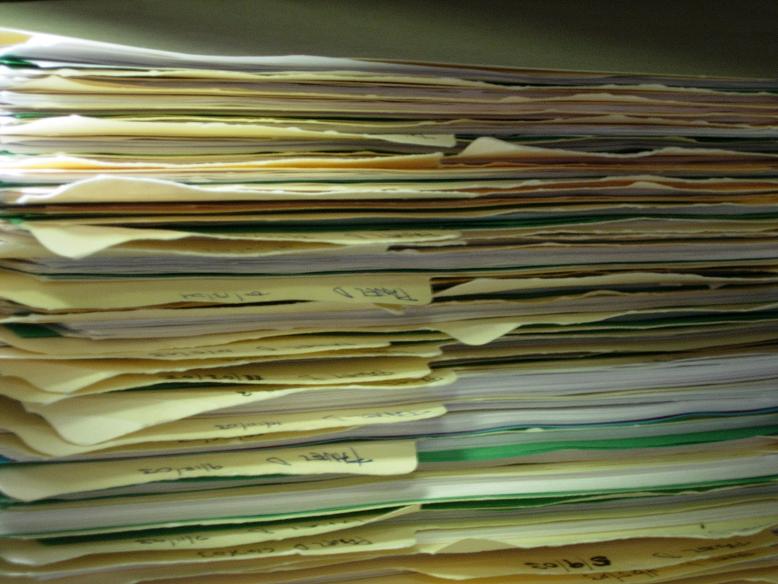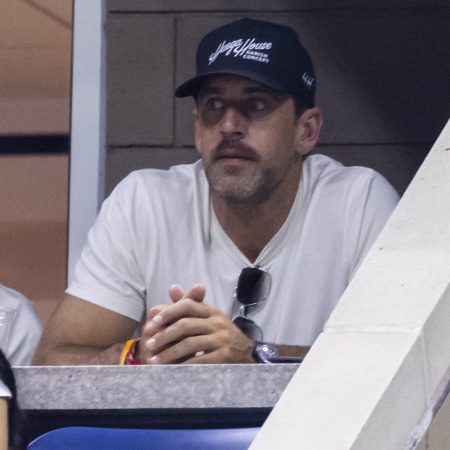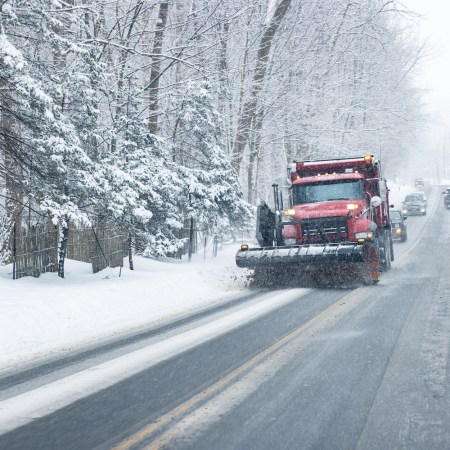As governments around the world mobilize to deal with the ongoing coronavirus pandemic, it’s prompted plenty of heated discussion in all walks of life. Government officials and political commentators alike have pondered questions of human life and economic activity, and it’s led to some unnerving conversations — including about whether or not human lives can be assigned a value.
At FiveThirtyEight, Amelia Thomson-DeVeaux explored the history of this discussion — and talked with some of the experts whose jobs involve reckoning with these questions. And, as Thomson-DeVeaux writes, this is something a number of economists have indeed explored as part of their jobs, long before COVID-19 was part of daily life:
Economists might not be able to say how much an individual person’s existence is worth, but they have figured out a way to calculate how much the average person is willing to pay to reduce the risk of death — which allows them to put a price tag on the collective value of saving one life.
Among those interviewed is economist W. Kip Viscusi, who teaches at Vanderbilt University and is the author of Pricing Lives: Guideposts for a Safer Society. “Essentially, we’re trying to figure out what our society is willing to pay to reduce the risk of mortality,” Viscusi told Thomson-DeVeaux.
All of this involves a number called the value of statistical life, or VSL. It’s something that has a role in public policy — for instance, the EPA’s guidelines include references to the VSL. A 2017 article from Bloomberg took a deeper look into how the government uses VSL in setting policy, and what those implications are.
As Thomson-DeVeaux notes, there are broader ethical considerations that the idea of the VSL does not take into account. There are also complex issues that come up when you attempt to assign values for human life on an international level. It’s a discussion where there are no easy answers to be found — but one that’s all the more relevant now.
Subscribe here for our free daily newsletter.
Thanks for reading InsideHook. Sign up for our daily newsletter and be in the know.


















